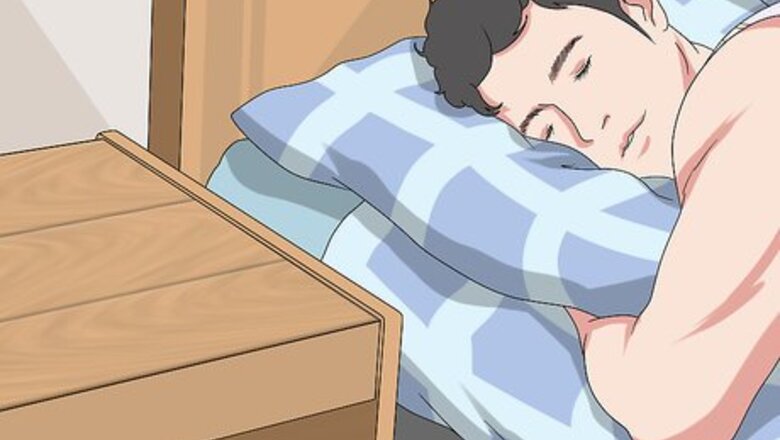
views
Preparing Your Body before You Go
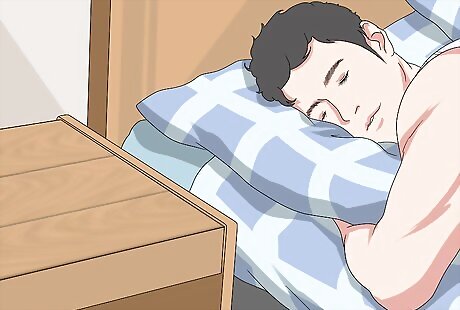
Get adequate sleep the night before. Try to go to bed early and get a full 8 hours sleep the night before your treatment. Lack of sleep can effect your mood and the systems that regulate your body -- including pain receptors. Getting a good night's sleep before any medical procedure is highly recommended, so if you're under stress that is keeping you up at night, it may be a good idea to cancel or postpone your treatment.
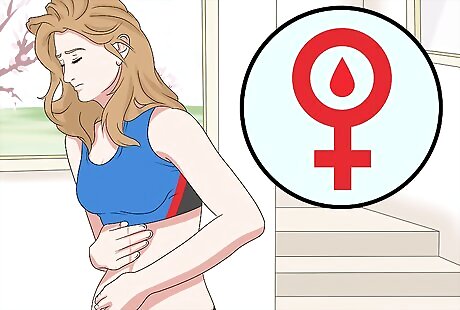
Avoid laser hair removal immediately before or during menstruation. Changes in hormone levels during your period can affect your pain tolerance, so try not to schedule treatments for when you're most sensitive. Wait until a few weeks after your period have passed.
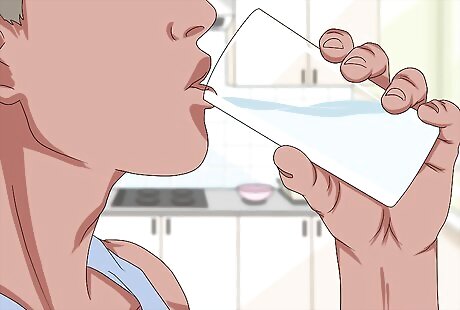
Increase your water intake. Try to drink about a gallon of water on the day of your treatment. If you're scheduled for early morning, drink water before bed and when you wake up. Staying hydrated is always important -- and recent research has found that dehydration can make you more sensitive to pain.
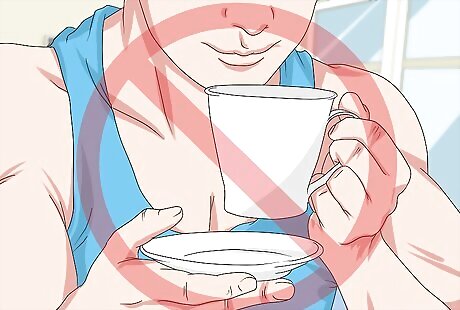
Avoid caffeine. While it may be hard to skip your morning coffee on the day of your treatment, it is said that caffeine increases pain sensitivity, so it's best to avoid it. If you drink caffeinated tea or other beverages, avoid those as well.
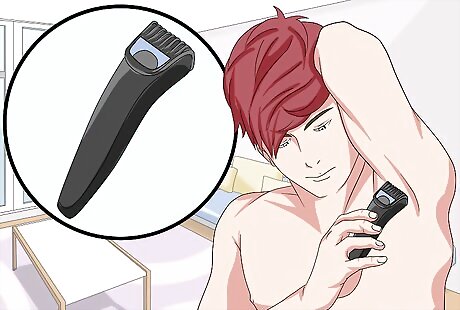
Shave the area. For the best results and least pain, shave the area the night before (or even two nights before) your scheduled treatment. You'll be less likely to experience irritation.
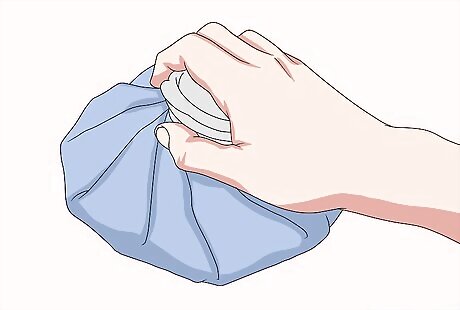
Purchase a good ice pack. You may want to ice the area immediately before and after the treatment, so pick up an ice pack that is comfortable to travel with and use. Icing the area for 5 - 10 minutes before treatment will numb it quite effectively, and you may find relief by icing the area on the way home or even the following day.
Choosing Over-The-Counter Pain Medicines
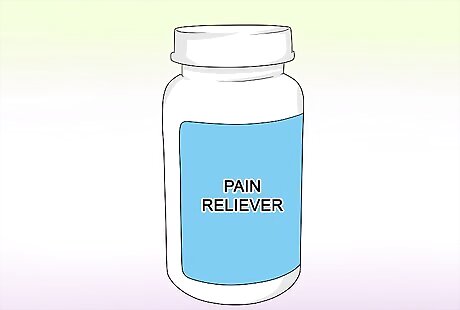
Purchase a pain reliever to use prior to your appointment. Over-the-counter medications like ibuprofen are widely used to reduce pain, and may be helpful in preventing pain if taken 30 to 45 minutes before your treatment. Check with your doctor or pharmacist before taking any new medications, and be sure to read all labels and dosage instructions.
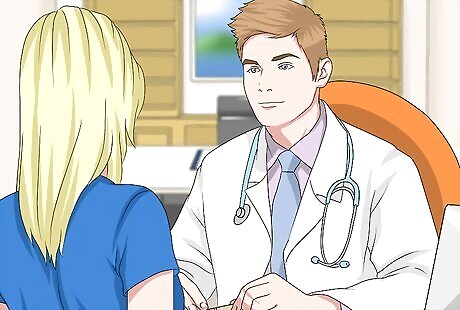
Ask your pharmacist about antihistamines. Some people report reduced pain when taking an over-the-counter antihistamine in the hours before treatment. Check with your doctor or pharmacist before taking any new medications, and be sure to read all labels and dosing instructions.
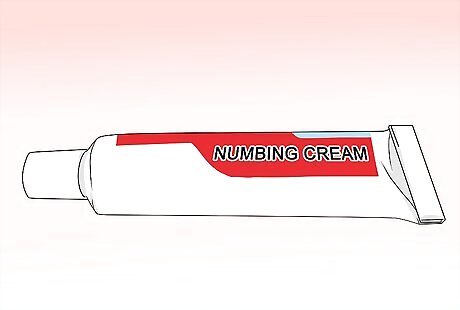
Buy a numbing cream. These topical creams contain ingredients like lidocaine -- and can provide significant pain relief if applied immediately before your treatment. Coordinate with your laser technician on the best time to apply a topical cream - you may be able to do so at home, or you may need to wait until you have reached the facility so that it doesn't wear off before your treatment.
Caring for the Area Post-Treatment
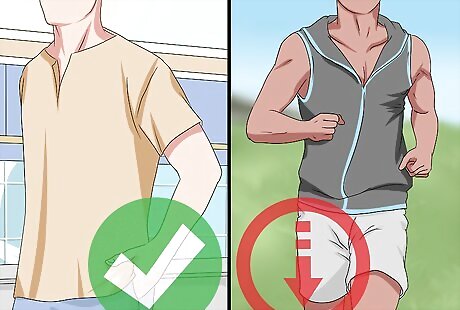
Remember to take it easy. If you've had treatments to your bikini line, armpits, or other highly-sensitive areas, you may want to wear loose fitting clothes or reduce your physical activity for the rest of the day. Always keep the treated area clean and sweat-free.
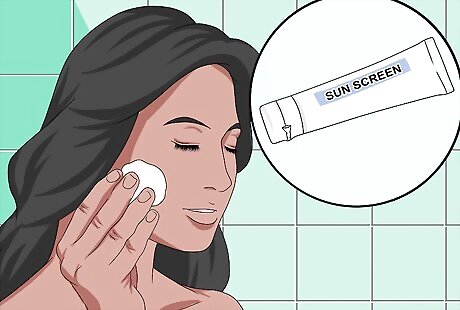
Apply sunscreen before heading outside. Your laser-treated skin will be sensitive and susceptible to sunburn, so depending on the area you've had worked on, you may need to apply sunscreen before spending time outdoors. If you are planning laser hair removal before a big beach trip or outdoor vacation, make sure to plan for healing time before you go, and apply sunscreen every day. Use an SPF of 30 or higher for maximum protection.
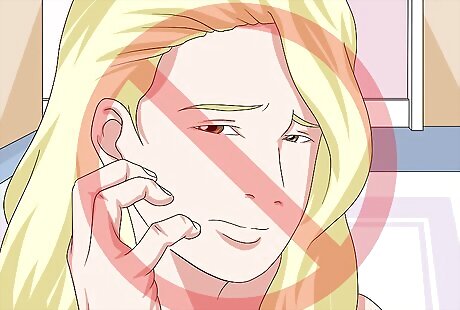
Don't scratch the area! You may experience itchiness, but scratching is a big no-no. Scratching your treated skin can lead to inflammation or irritation - so leave the area alone and let it heal. If you are experiencing itching post-treatment, use your ice packs, over-the-counter meds, or take a cool, soothing bath.


















Comments
0 comment